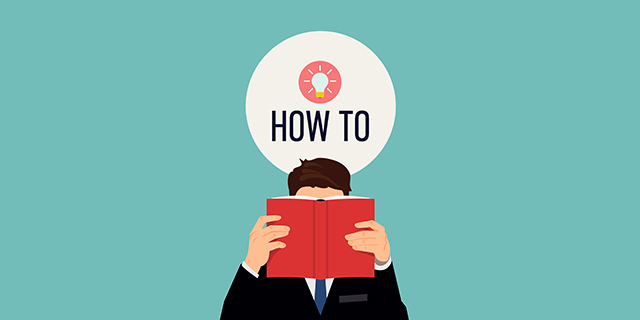"Trả tiền," "chi tiêu" và "chi phí" đều là những từ quan trọng cần biết khi mua sắm, nhưng mỗi từ được sử dụng theo cách cụ thể tùy thuộc vào trọng tâm của câu. Hãy cùng xem xét kỹ hơn để hiểu khi nào và cách sử dụng chúng một cách đúng đắn.
Pay
Let's begin with "pay," which is mostly used as a verb meaning “to give money in return for work, goods, services, etc.” The focus is on an action someone is performing.
Someone pays (for something).
Please pay the cashier at the front of the store.
I paid (the fee) for my friend because she forgot her purse.
Can I pay with a credit card?
Please pay your bill by the 15th of next month.
I don't need a wallet; I can use my smartwatch to pay.
Neither “spend” nor “cost” can be used in these examples.
Spend
Next, "spend" as a verb means “to use up” or “to give money for goods or services.” This is almost the same as the definition for “pay!” Sometimes you can use either word without changing a sentence’s meaning, but you’ll need to change the preposition.
I pay about $12 a month for my Netflix subscription.
I spend about $12 a month on my Netflix subscription.
(Notice that "pay" needs "for" and "spend" needs "on.")
But in other situations, you cannot do this. For example, you cannot say “spend the cashier” or “spend a late fee.”
So what makes "spend" unique? It is used to focus on the payment itself. In other words, a sentence with “spend” is about the money being exchanged.
Someone spends (an amount) on something.
They spent about $2000 on their vacation.
I spent $50 on this jacket and $20 on this hat.
What should I spend this gift certificate on?
How much did you spend?
I have a strict budget, so I need to watch how much I spend each month.
Cost
Finally, the verb “cost” means “to require payment before something can be received or done.” So the focus of a "cost" sentence is on the item or service that must be paid for, not the person performing the action or the amount being paid.
An item or service costs something.
How much does this shirt cost?
I didn’t think it would cost that much!
It costs too much to repair the TV, so just buy a new one.
Many groceries cost more than they did just a few months ago.
The shipping costs almost as much as the item itself!
Again, the other two verbs would not work in these sentences.
So, let's review:
She paid $20 for the book.
The focus is on a person's action.
She spent $20 on the book.
The focus is on an amount of money.
The book costs $20.
The focus is on an item requiring payment.
Noun Forms
We've covered the main uses in the verb forms, but each of these words can also be used as a noun.
"Pay" as a noun refers to money someone receives as a reward for work.
My pay increased after I got promoted.
The pay for these two jobs is the same.
He's looking for a new job that offers higher pay.
The noun form of "spend" isn't common in daily conversation. It refers to the amount of money spent for a particular purpose over a particular length of time. It's mostly used in business situations.
The company decided to increase its advertising spend on social media.
The average spend for each customer is about $30 per visit.
As a noun, "cost" refers to the amount of money you have to pay in order to buy or do something.
Companies build factories in developing countries because of the lower cost for workers.
You can upgrade to a better seat for no extra cost.
Other Uses

These words are not only used to talk about money, so let's look at some other ways to use them.
"Pay" means "give" when used together with specific words.
Please pay attention.
You should pay respect to your seniors.
He paid the woman a compliment on her dress.
“Spend” can refer to time as well as money.
We'll spend one week in Spain before going to Germany.
She spent all summer learning how to ride a skateboard.
He spent his life making paintings and sculptures.
“Cost” can be used to say that something has been lost or that something bad is now necessary.
All of those overtime hours are costing him his health.
That mistake will cost us a lot of extra work.
The politician's advisors warned him that the scandal could cost him



